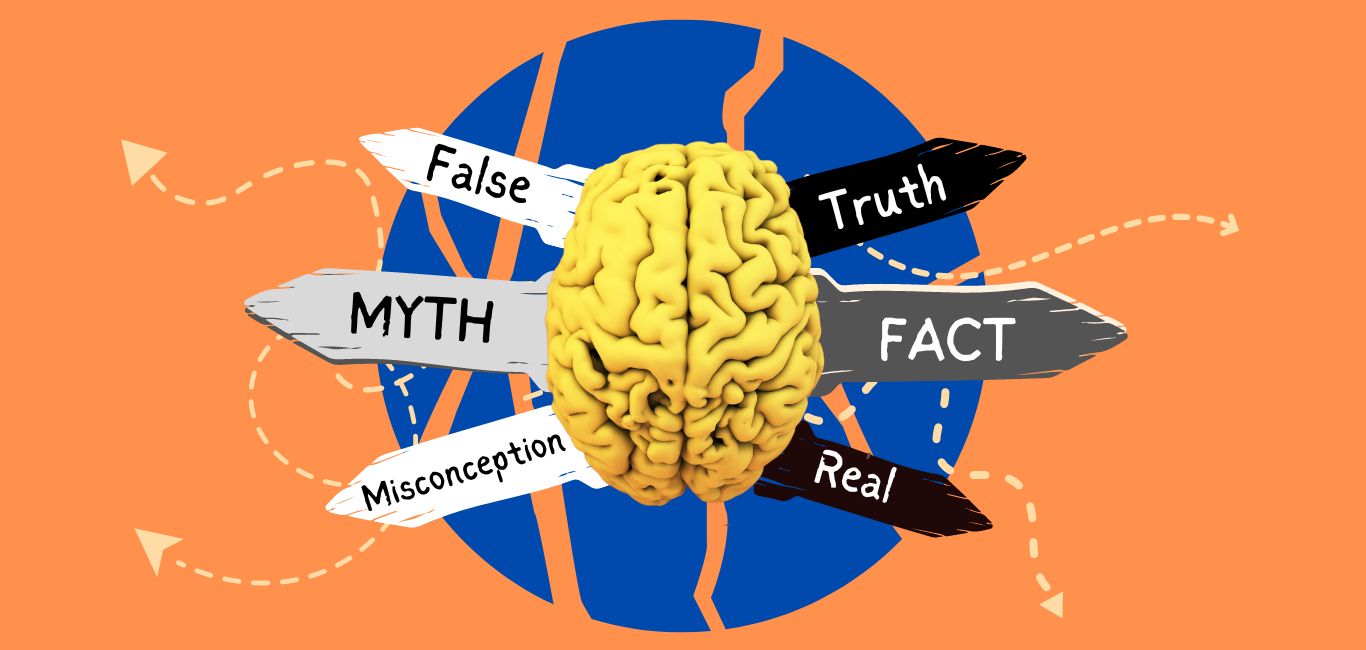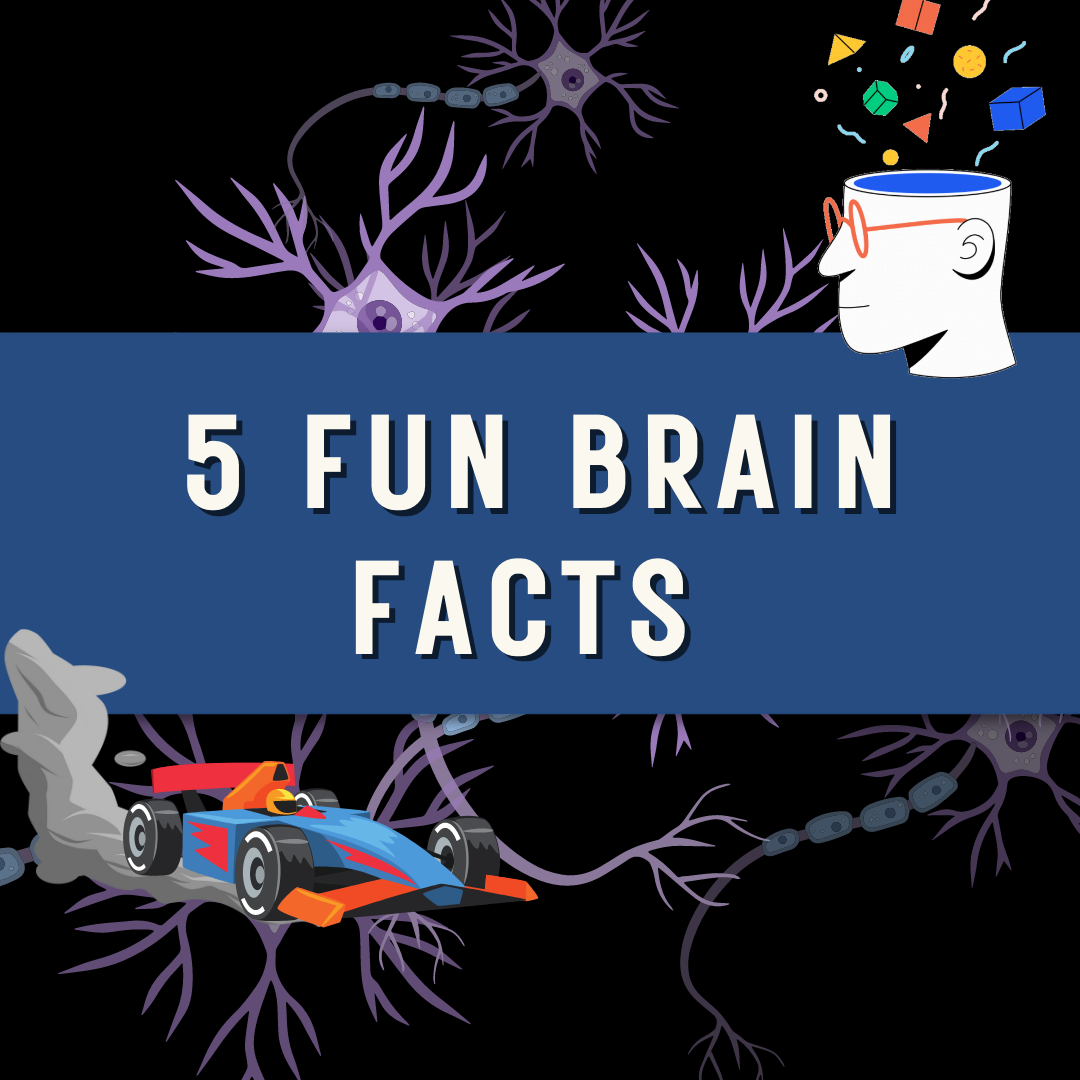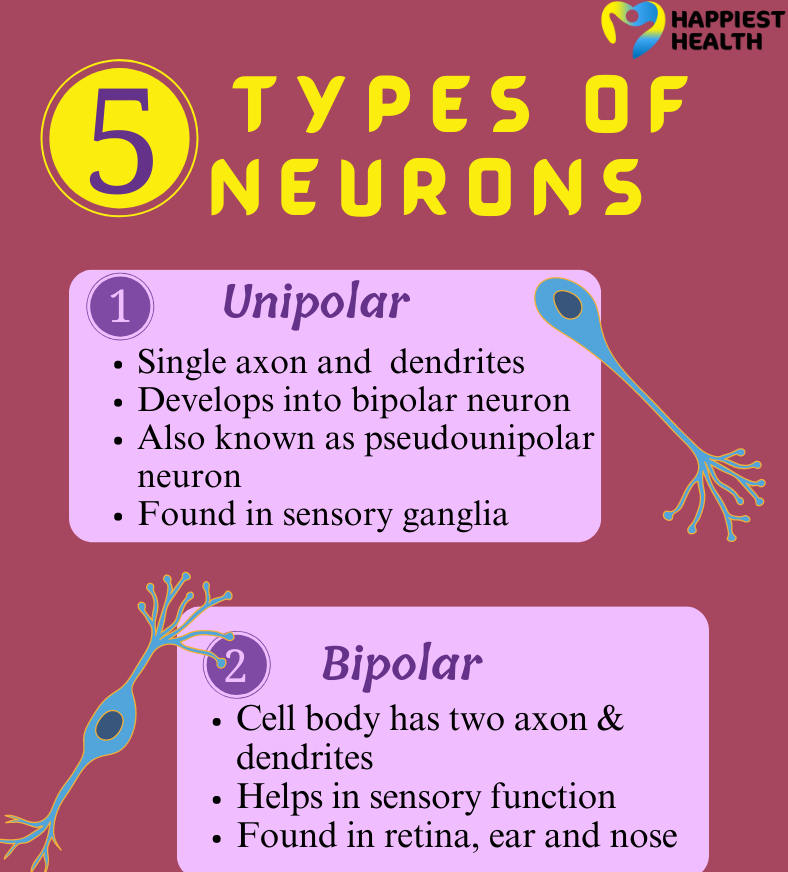
We have not lived a human life, if we have not bought into myths. They could be myths about anything. Myths create biases and a lopsided understanding of the topic. And of course, none of our brains are spared misinformation.
For instance, we seem to believe that we use only 10 per cent of our brains. However, the 86 billion neurons of the brain that power up throughout the day, and even while asleep, indicate otherwise. So, here is a myth buster from experts to enlighten you about real facts of brain.
Myth 1: We have five senses
Fact: We have at least 10 senses
In school, a lot many of us were taught that we have five senses, and that we perceive our surroundings through these five senses, namely, sense of smell, touch, vision, taste, and sound. However, Dr Sindhu DM, a neurologist at Apollo, Bengaluru, points out that this belief warrants a deeper look as other senses are at work as well. She explains, “There are numerous senses in the body and cannot be restricted to just 5. Scientists have gone into detail and enlisted around 33 such senses but conservatively limit it to 10 senses.”
Are you ready to find out what they are? They will blow your mind! Here we go:
- Equilibrioception – sense of balance
- Nociception – sense of pain
- Thermoception– sensing temperature
- Mechanoreception– sense of change in environment, by way of gauging pressure, touch, vibration, stretch, movement
- Proprioception– sense of spatial positioning and movement
- Interoception– sense of the body’s internal workings
Myth 2: The brain stores memory in tangible form, like a supercomputer does
Fact: The brain stores memory in intangible form, recalling via neural pathways
We think of our brain as having the memory of a supercomputer, as if it were storing the details in its folds. The digital age we live in makes us imagine the brain like a hard drive. The fact of the matter is that the brain is nothing like a supercomputer. If anything, it is far more sophisticated.
Memory is the ability of the brain to encode, store, and retrieve information. “What we call memory storage in humans are electrical impulses created in response to stimuli,” clarifies Dr Sindhu.
Here is how the brain stores memory:
- We perceive sensory information [for example, hearing a song].
- Several neurons coordinate and fire in a complex neural activity across specific regions in the brain.
- This logs a short-term memory in the pre-frontal cortex, hippocampus, and parietal cortex regions.
- When short-term memory is repeated, the hippocampus primarily encodes and consolidates them as long-term memories.
- Especially semantic long-term memories are encoded along with stimulus points that are reference points from the environment.
While ‘retrieving’ a memory, especially in long-term memory, we might have noticed the need for a reference point, like a flag on a map. The brain looks for these ‘flags’ (reference points), firing the same neurons again to recall the stored experience. For this reason, memory is not absolute and is subject to change with internal references.
Myth 3: Logic comes from right brain and creativity from left brain
Fact: Right and left-brain work in conjunction, and so, logic and creativity are not mutually exclusive
The idea that logic is entirely from the right brain and creativity from the left brain has been debunked by scientists. There has been enough research to establish that there is extensive communication between different brain regions, nullifying the notion of exclusive hemispheric activity.
Dr Sindhu explains, “The right and left brains are connected by the corpus callosum (bundle of nerve fibres that connect both hemispheres) and are important for processing millions of stimuli. It is not a black-and-white divide.”
Myth 4: 90 per cent of the brain’s growth happens before the age of five
Fact: The brain keeps growing till 25 years of age, and new neural pathways keep forming throughout life
There are over a billion neurons in the human brain, and for years, it was believed that the creation of new neurons (neurogenesis) stops after the age of 25. However, new research shows that neurogenesis does continue in specific brain regions. A study states that it depends on lifestyle and cognitive exercises a person practises throughout life. Neuroplasticity – the ability of the brain to grow new connections between its nerve cells – is real and it works throughout our lifespan.
This is the first in a collection of articles commemorating “World Brain Day” (22nd July) honouring the marvelous complexities of the brain

















